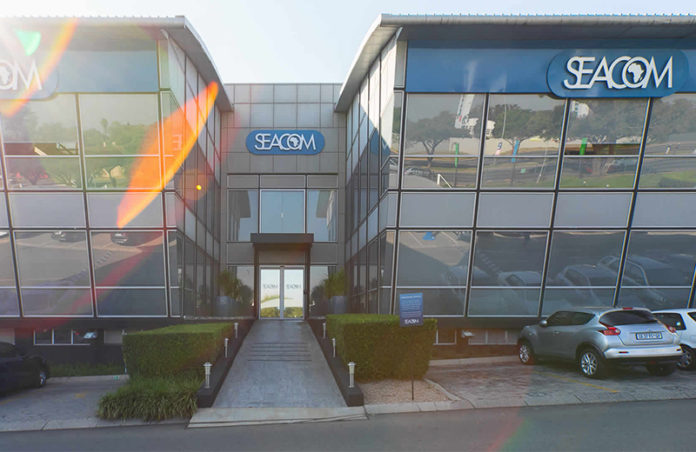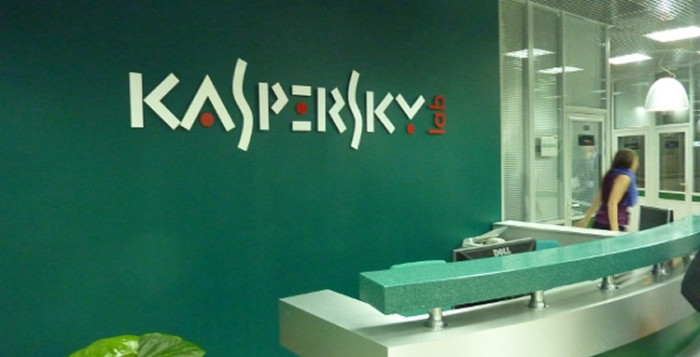SEACOM Boosts its IP Network with a Serious Bandwidth Upgrade

SEACOM, a fibre-led telecoms provider and owner of extensive ICT infrastructure across Africa, has announced a 100 Gigabit Ethernet (100GE) upgrade for its IP network.
The increased capacity of 100 Gbps equipment reduces the cost and complexity associated with procuring and maintaining multiple 10 Gbps ports and also simplifies load balancing through the flexibility of having 10 times more bandwidth per port.
Network providers will be able to add more customers, expand their networks, or reconfigure traffic flows without disrupting network traffic or incurring multiple cross-connecting fees.
According to a statement from the company, this investment will allow ISPs, CDN’s, Global and African Providers to leverage SEACOM’s network infrastructure to access the increased flexibility, scalability, and capacity that this upgrade will enable.
The network boost will also benefit downstream connected businesses and Internet end-users in the region.
In 2014, SEACOM pioneered 10 Gbps IP transit routers that later became the industry standard. In 2018, the company began the planning that would be required to improve South Africa’s network infrastructure with 100GE capabilities.
“SEACOM’s Global IPT service provides resilient, low latency internet connectivity on our native IPv4/IPv6 carrier-grade IP network. It provides connectivity to Tier-1 partner Global networks and access to on-net CDN’s hosted in our Cable Landing stations,” the statement reads.
This high level of service availability is achieved through meshed East and West sub-sea cable systems, including protected terrestrial backhaul routes.
“As Internet expansion on the African continent continues to accelerate, together with the rapid adoption of video streaming and cloud services by African business and consumers, Network, Content and Cloud Providers are seeing a surge of bandwidth across their backbone and access networks,” says Nicole Labuschagne, GM of the Service Provider team at SEACOM.
“SEACOM’s upgrade to 100GE technology on its network, allows these providers to meet this large demand efficiently and with ease. We want to ensure by progressing to the 100GE level that Africa and our customers keep pace in an ever digitised 4IR world, and we hope to see 100GE becoming the industry standard in the near future,” Labuschagne concludes.







